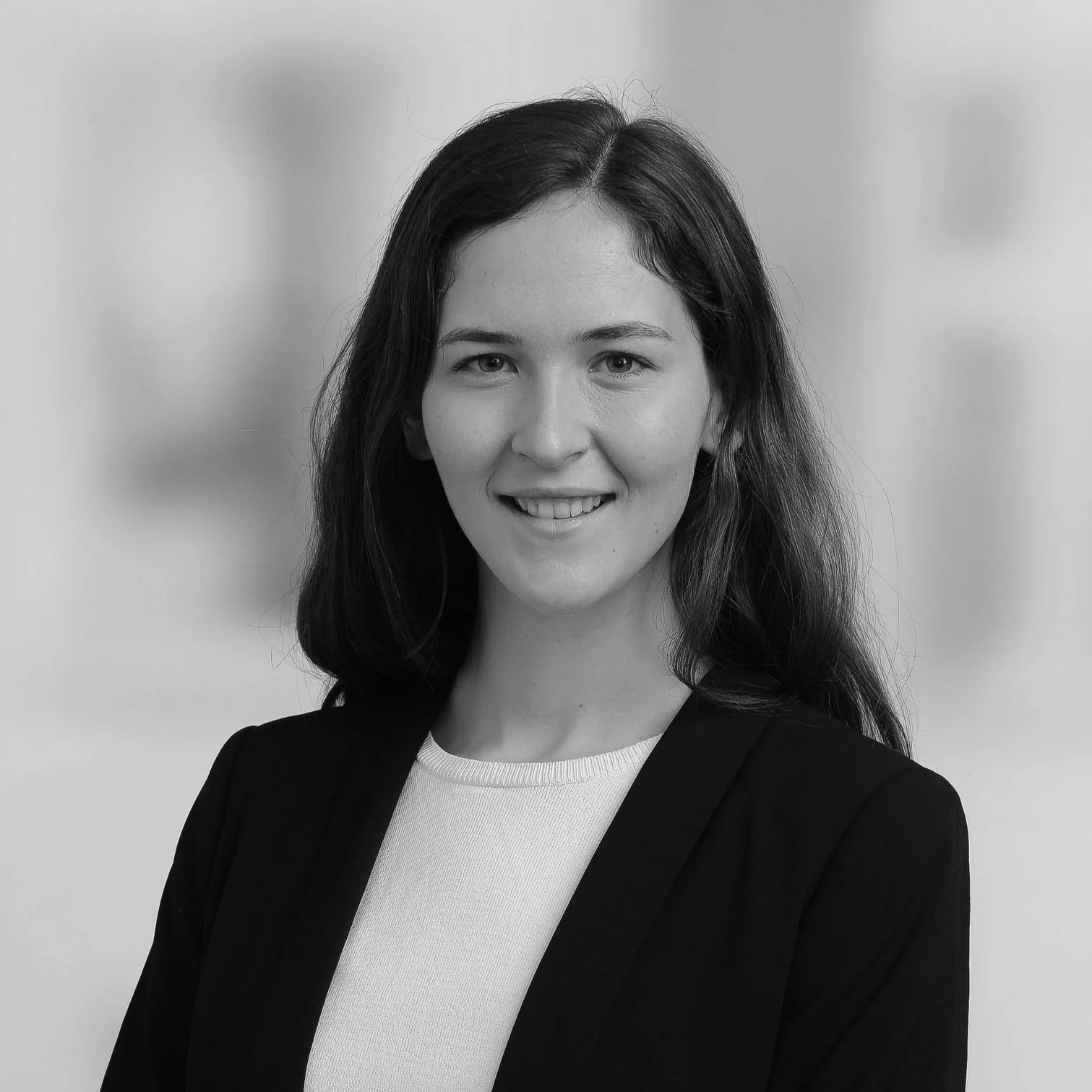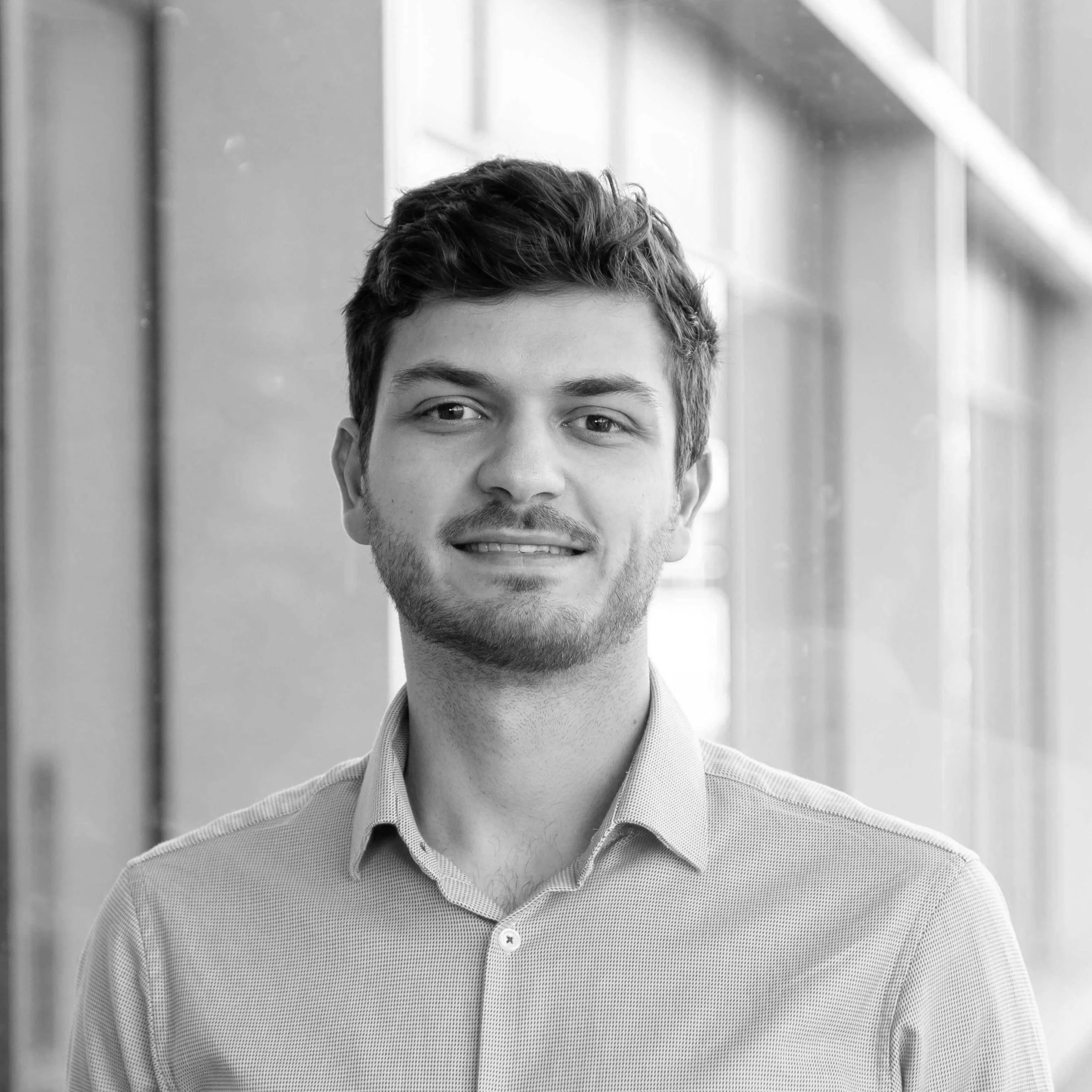
Good Data Assembly
A joint initiative by Good Data Initiative and Global Shapers’ Cambridge Hub
“The future of
genomic data sharing”
20 October 2022
6:30pm UK Time
The Good Data Assembly is an interactive online event bringing together experts and the public to deliberate and vote on some of the most pressing issues of our time.
Structure of the event
-
Listen.
Our speakers give statements for and against the sharing of genomic data.
-
Ask Questions.
You can ask questions to our expert speakers through the chat.
-
Vote.
In a final poll, you can vote for or against microtargeting. The anonymised results will be used in our research publication.
Learn more about genomic data
First things first, you do not need to know anything about the topic in order to attend or be a juror. We encourage everyone to apply.
Recent scientific advancements have lead to more genetic and genomic data being gathered - for use in a range of medical, research and industry settings. This data is a fundamental building block of who we are, and understanding of how it can be applied or used is evolving rapidly.
Given the fast development of the field, implications of its use have not been subject to significant scrutiny by the public, policymakers, and industry stakeholders until recently. Hence, this initiative will enable participants to step back from existing structures to reflect on the potential benefits and risks of its use.
-

Dr Heidi Rehm
PRO GENETIC DATA SHARING
Dr Heidi Rehm is the Chief Genomics Officer at Massachusetts General Hospital and Co-Director of the Program in Medical and Population Genetics at the Broad Institute. Her work is focused on discovering the causes of rare disease and building resources to support the integration of genomics into medical practice.
-

Dr Richard Milne
AGAINST GENETIC DATA SHARING
Dr Richard Milne is a sociologist with expertise in social and ethical challenges associated with genomics and biodata. He is Head of Research and Dialogue in Wellcome Connecting Science and Deputy Director of the Kavli Centre for Ethics, Science and the Public at the University of Cambridge.
Our goal
We are raising the voices of citizens to key policymakers and spur a conversation among citizens on the issues that impact our society.
Watch the event.
Past event
On 9 February, more than 250 people from across the world
were part of our first Good Data Assembly.
The Future of Personalised Advertisement
“Is there a net benefit or detriment to commercial microtargeting?”
The event was hosted on
9 February 2022 in partnership with Global Shapers, an initiative of the World Economic Forum.
Our team
-

Frances Pye
Frances is passionate about new technologies and how they can be integrated in society. With a background in Chemistry and experience across financial services, software start-ups and e-commerce, she appreciates the great benefits and challenges of using personal data for the benefit of society. She is currently working at a strategy consulting firm focusing on data and digital topics
-

Sebastian Dodt
Sebastian Dodt is a graduate student at Carnegie Mellon University in Data Science for Public Policy. His research focuses on the use of statistics and data to improve evidence-based policymaking, particularly in the humanitarian sector. His past work experience includes the United Nations, the European Union, and NGOs in digital security and peace and security.
-

Sofie Schönborn
Sofie is a graduate student in Technology Policy at University of Cambridge with previous experience in the cloud industry and cybersecurity. She is a passionate internet policy advocate, representing youth voices in the discourse such as in the 16th UN Internet Governance Forum. Currently, she engages in several initiatives on engaging young people in matters of privacy, future technologies, and the EU's digital policies.
-

Richard Simon
Richard is a Low-Carbon Energy Consultant working on Industrial Decarbonisation, CCUS, and Greenhouse Gas Removals. This includes designing and building an industrial decarbonisation model, used for the UK’s Industrial Decarbonisation Strategy and the CCC’s 6th Carbon budget to output pathways to Net-Zero compatible industry. He has technical expertise on deep decarbonisation technologies for industry, assessing options such as hydrogen, electrification, CCS and industrial BECCS and their role in the net zero industrial sectors and clusters of the future.
-

Chloe Jazzy Lau
Chloe is a student-activist passionate about the intersection between ethical tech, social justice and public policy. She currently co-hosts “The Tech Bubble” podcast on data/AI ethics, fake news and equity in the tech space. She is also a passionate neurodiversity advocate and founded the YouMatter Organisation to support jobseekers with disabilities and chronic illnesses with career development and entrepreneurship opportunities.
-

Ivan Petrov
Ivan is consulting multinational business on technology strategy and innovation. He is passionate on understanding the impact of the latest technology trends which includes data sharing and digital services. More particularly, his current activities evolve around the topic of the decentralised web and how this would change the way data is being managed.
FAQs
What is a Citizens Assembly?
In its most basic form, a Citizens’ Assembly is a forum for a representative sample of citizens to come together to participate in open dialogue on a given issue, often one on a societal scale. This will often involve coming to a conclusion on a specific question, providing a set of recommendations, or prioritising a list of potential actions. The exact purpose and nature of a Citzen’s Assembly varies in practice, however, some examples include the Citizens Assembly on Brexit, Citizens’ Assemblies in Ireland on issues relating to abortion, population aging, and climate change.
Operationally, a Citizens’ Assembly consists of two main sides; a ‘jury’ of randomly selected citizens that provide a representative sample of the population who come together to deliberate, and a number of ‘witnesses’, typically experts in the field, who present their opinion and evidence on the issue in question.
Related to a Citizens’ Assembly is also a Citizens’ Jury, and a Citizens’ Panel, both of which follow the same principles of citizen representation and dialogue but differ in their operational approach. A Citizen’s Panel is typically a much larger group (500-5000) that are consulted on their public preferences and opinions on legislative issues. A Citizens’ Jury is a smaller (12-24) representative sample than a Citizens’ Assembly that typically takes place over a shorter time period.




